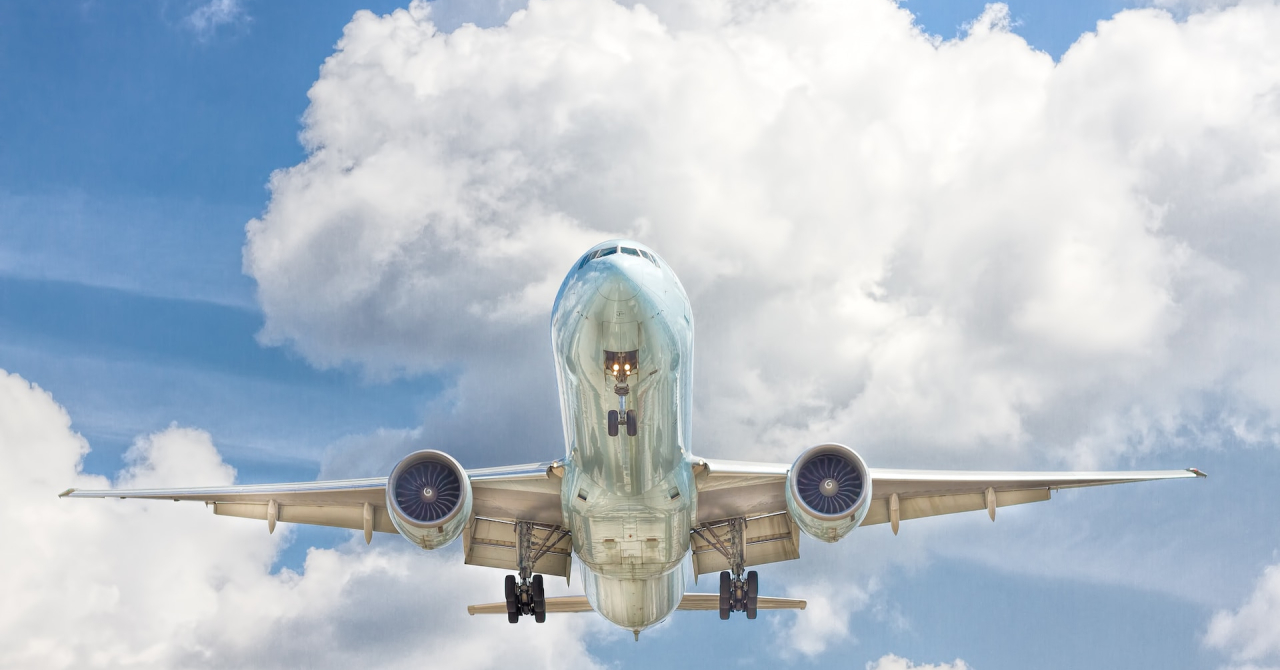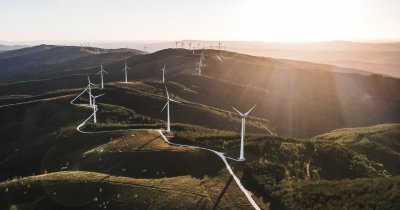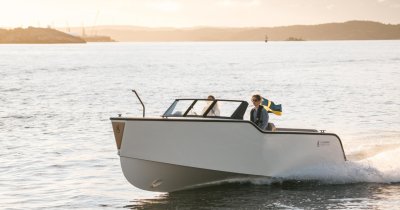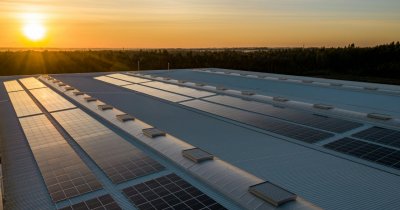Reuters reports that the factory will be turning used cooking oil into a sustainable form of aviation fuel which already attracted a number of customers. However, the company fears that Europe's reluctance of investing into this kind of projects will make it difficult for the industry.
Oliver Fernandez, Repsol's director for air fuel in Madrid, said that "(in Europe) there is a legal instability and a regulatory machinery that is very complex and very discouraging towards seeking new solutions."
Europe's aviation industry is expected to implement 10% SAF in all planes by 2030 in an effort to reduce the sector's emissions.
So far, SAF only makes up 1% of fuel usage in the European Union and the solution is not cheap to implement, as it costs five times as much as kerosene.
"Europe needs to step up and throw its weight behind a domestic SAF industry to ensure it does not fall behind", Fernandez added.
Finnish company Neste, one of the world's largest SAF producers, wants to expand operations in Europe, but points that the problem in making sustainable fuel lays in the challenge of finding enough raw material.
Jonathan Wood, Neste's vice-president of renewable aviation, said that "in 2026, we will have over six and a half million tons... of renewable [product] capacity, of which one third will be SAF capacity. That's 2.2 million tons. That's a bit under 1% of global aviation fuel demand."
IAG-owned British Airways announced 865 million USD worth-of investments in SAF, but it was only good enough for ensuring 25% of the 2030 supply target, which means that billions USD more are needed to hit sustainability goals.
 Mihai - Cristian Ioniță
Mihai - Cristian Ioniță












Any thoughts?